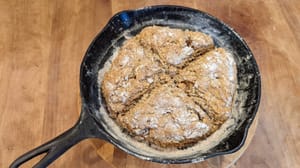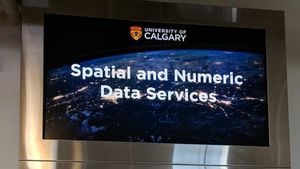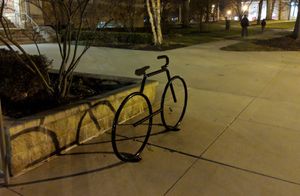Libraries are not ends in themselves, although it is tempting to talk about them as if they are. They support research, learning, civic engagement, personal development, …. This means that it is as important, or more important, to understand how technology is impacting those behaviors as it is to understand how technology is impacting libraries themselves.
In this context, several recent presentations about the practice of research may be of interest.
Carole Palmer recently spoke at OCLC.
At the practical level, informed decisions require deep knowledge of scholarly and scientific research practices and potentials. For instance, studies have shown scientists are reading more and that information users of all kinds are searching in new ways by “bouncing” on the Web.
Palmer will discuss what findings like these tell us, and don’t tell us, about the value future information services can afford scholars in their research work. Drawing from our studies of scientific and scholarly practices, she will then illustrate the importance of extending information use studies beyond investigations of information discovery, access, and use to how researchers manage and manipulate their own data and create their own digital resources. [Carole L. Palmer [OCLC]]
The presentation was wide ranging and the powerpoint [.ppt] and an MP3 [MP3] of the presentation are available.
The presentations at the Digitization and the Humanities: Impact on Libraries and Special Collections Symposium organized by RLG Programs were also relevant here. In particular it was interesting hearing scholars describe their working practices in relation to digital environments and their current and desired intersection with library resources.
Following an introductory session, the symposium was organized in three parts. In the first, David Harrington Watt, a historian at Temple, and Zachary Lesser, an English scholar at the University of Pennsylvania, spoke about digital resources and their teaching practices. This was particularly interesting in the context of general discussions of ‘information literacy’ and research skills, and interaction between faculty, library and students.
In a second, Anke Timmermann, a historian of alchemy at The Chemical Heritage Foundation (the kind hosts of the meeting) and Douglas S. Reed from the Department of Government at Georgetown spoke about digital resources and their research practices. The first talk focused on the manuscript historical record of alchemy, and the second on the use of educational records.
Finally, Robin Adams, of Trinity College Dublin, and Paul Courant, of the University of Michigan, gave a perspective from the library.
Presentations and audio recordings of sessions are available on the site.
I particularly enjoyed Anke Timmermann’s style of delivery and some of her remarks stayed in my head. Talking of evidence and the manuscript record, she noted that ‘everything is relevant until it isn’t’, quoting from CSI. And she suggested that we think of poetry as a kind of fridge for language: it preserves it and keeps it fresh.
Related entry:



